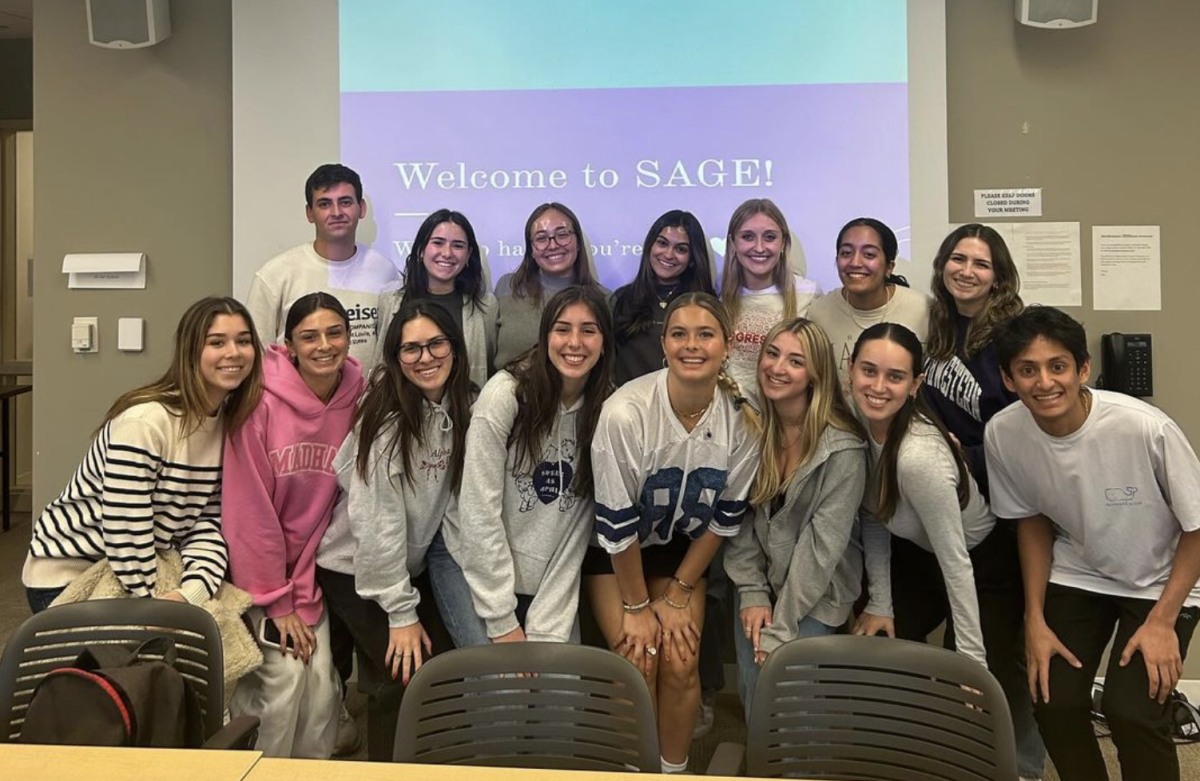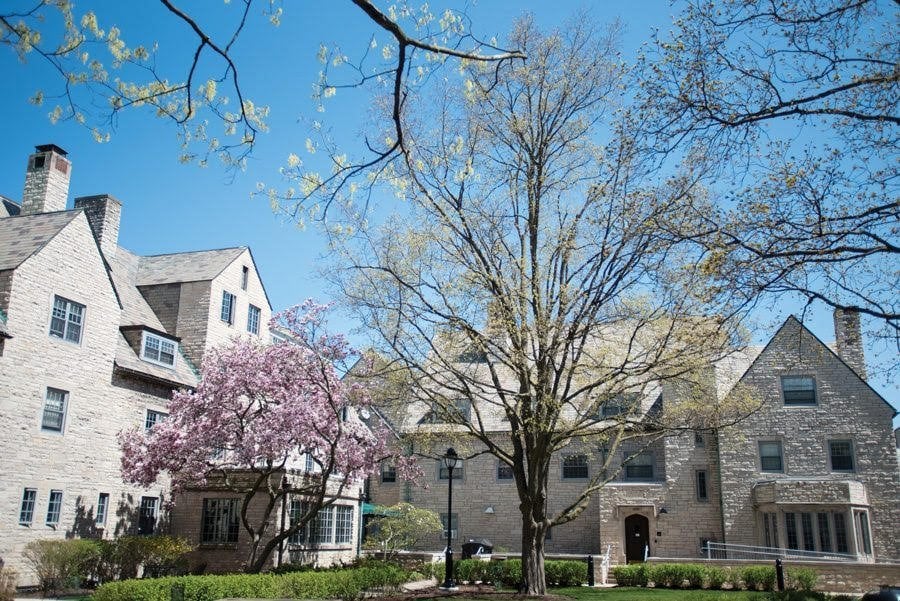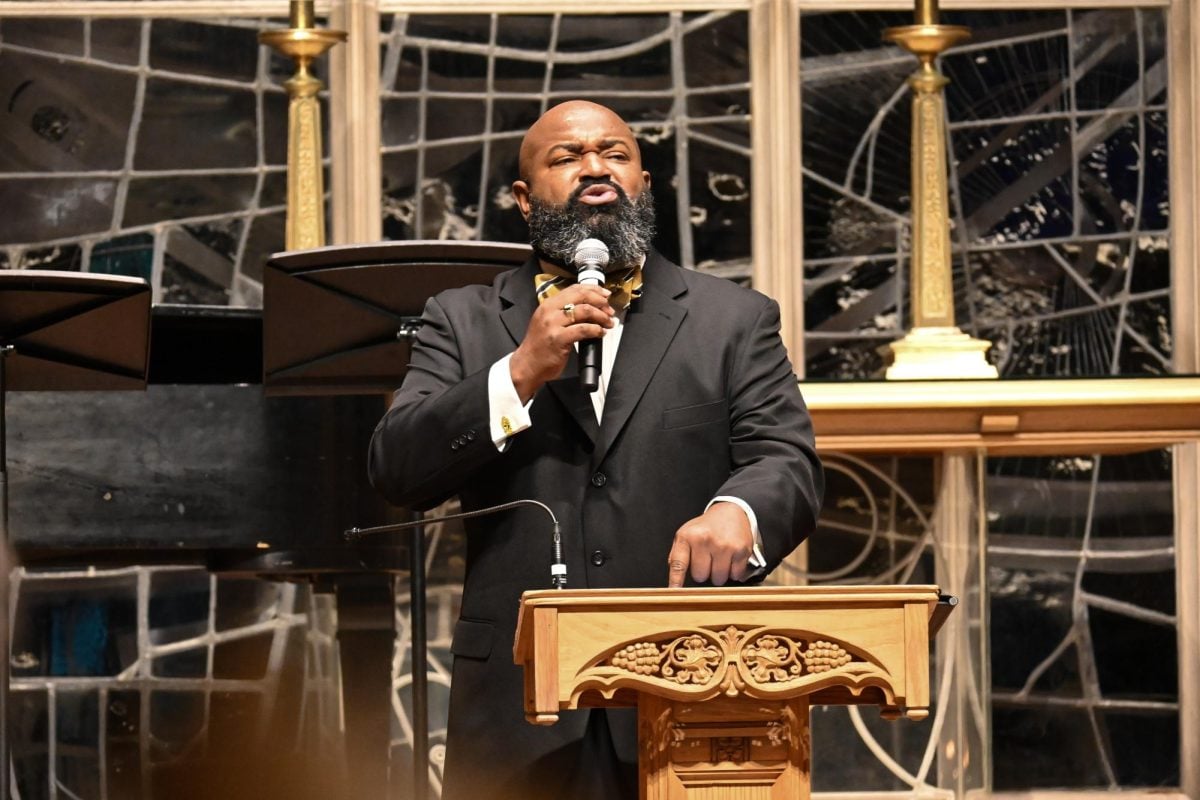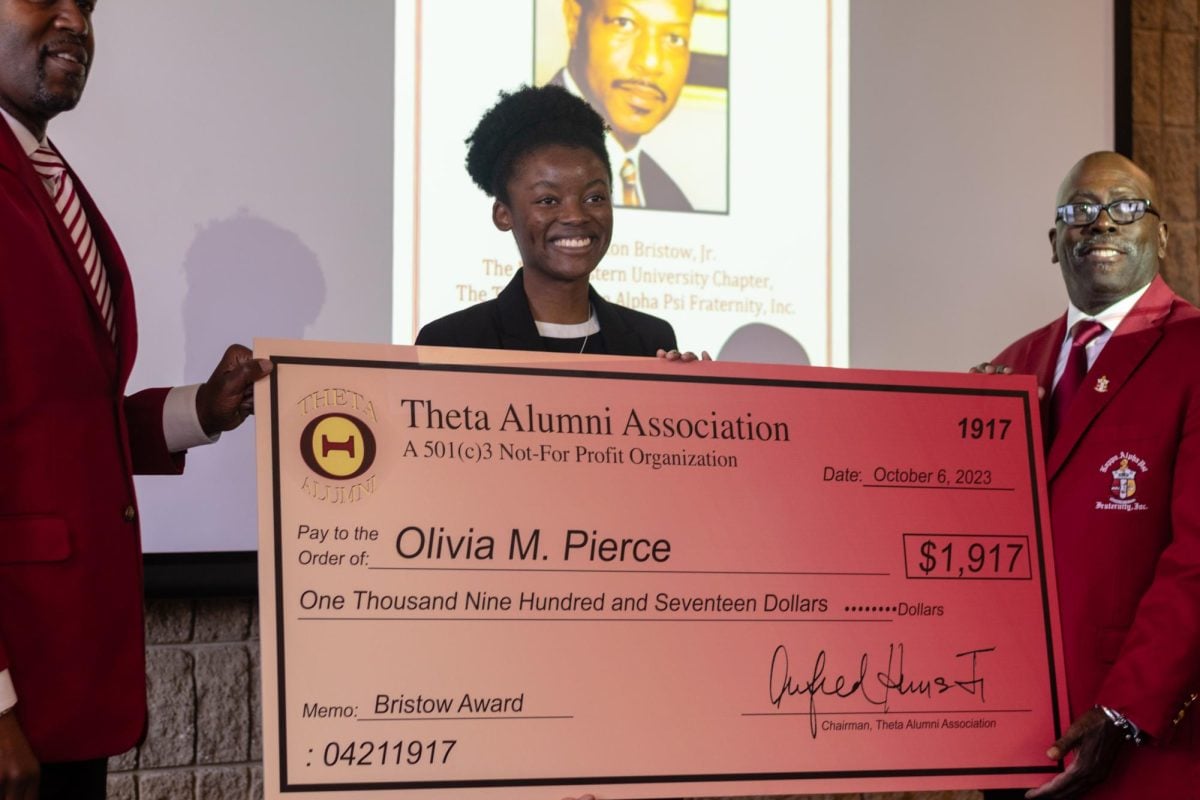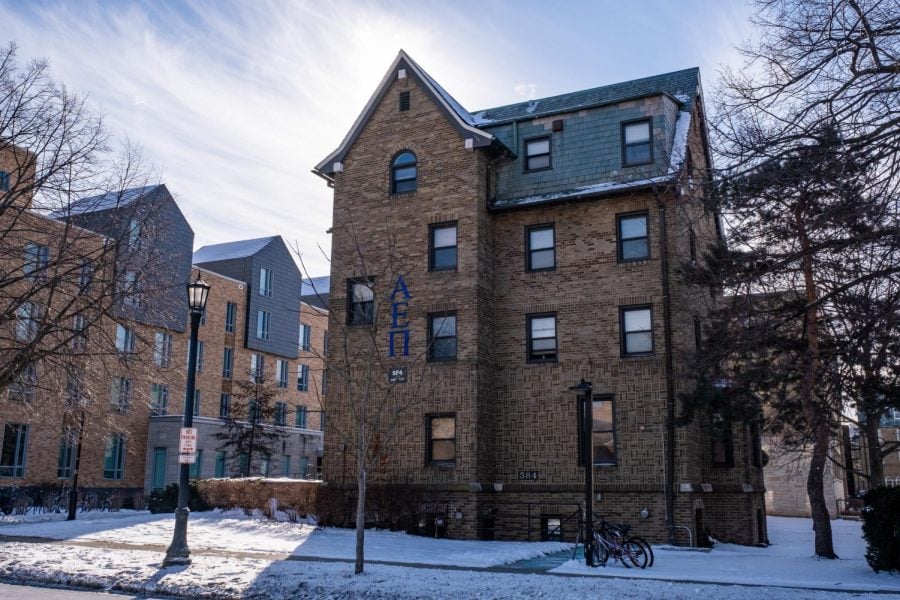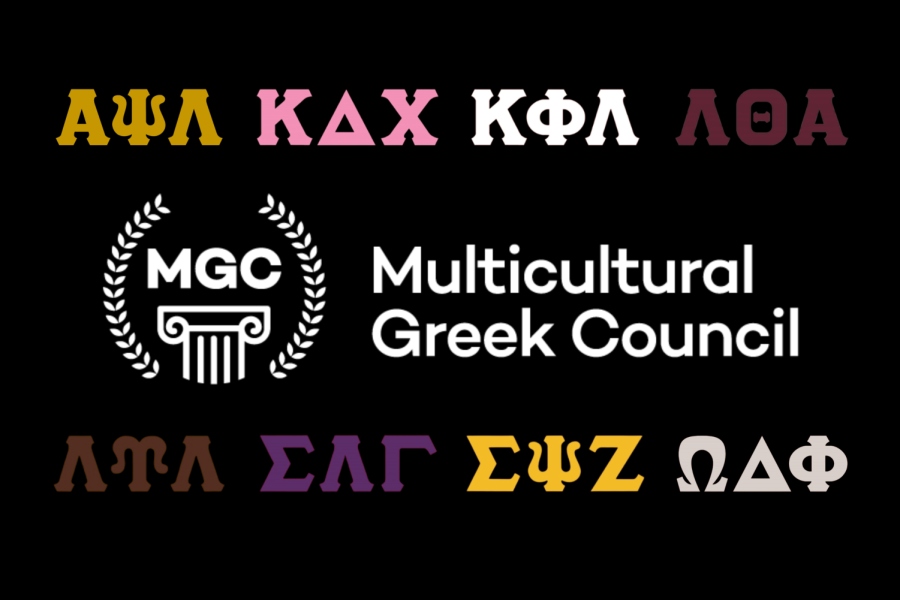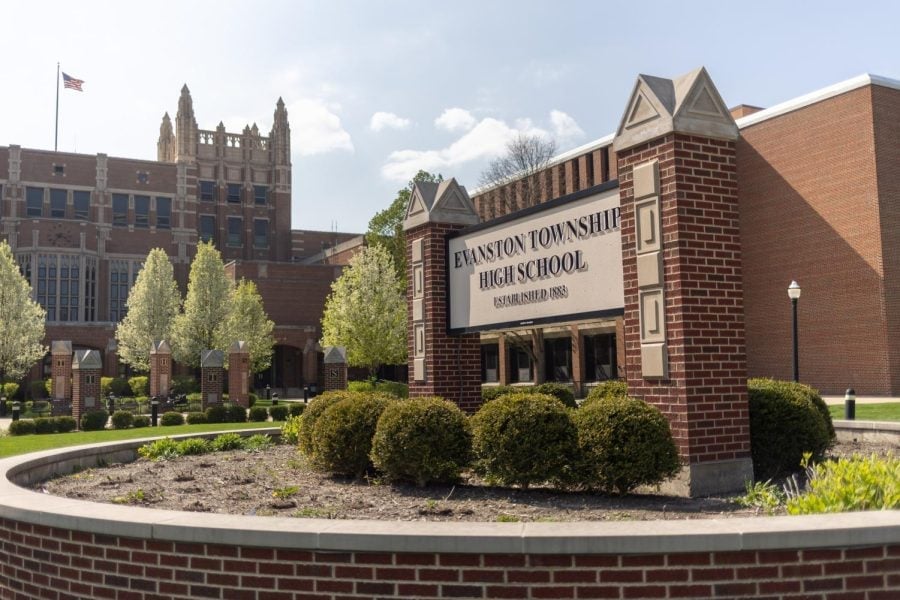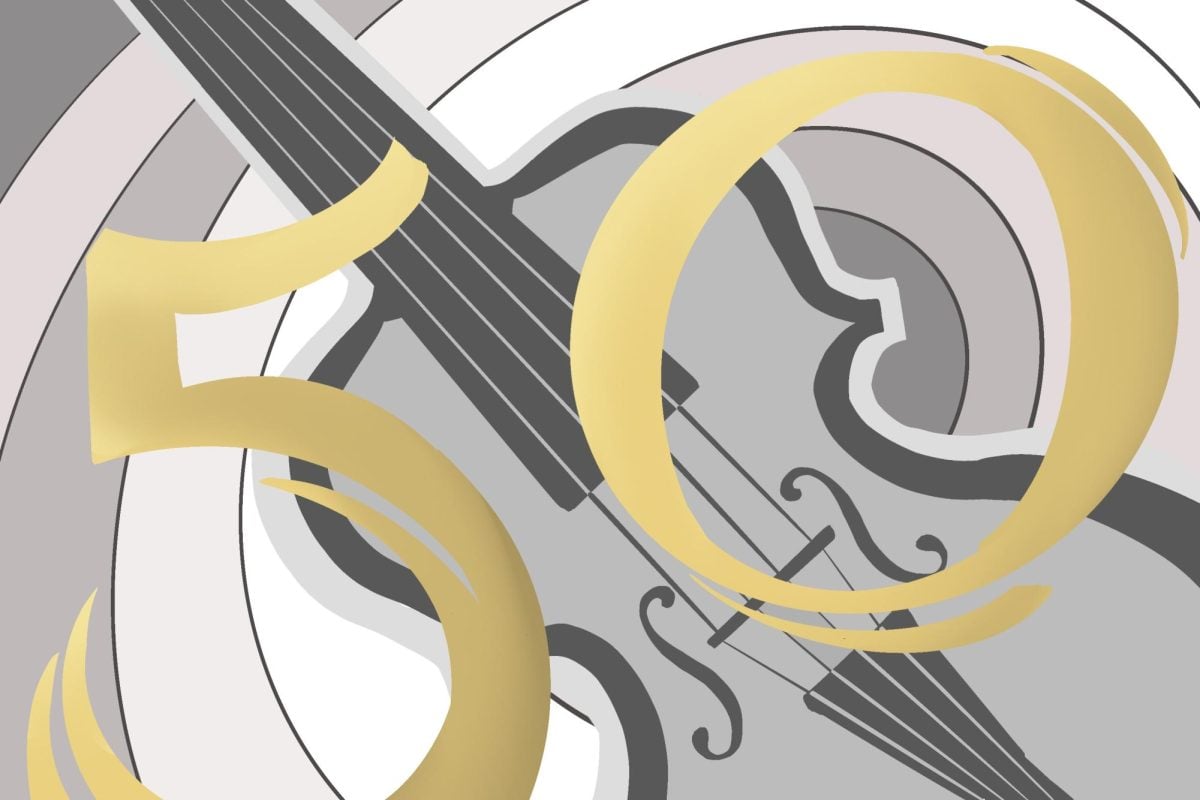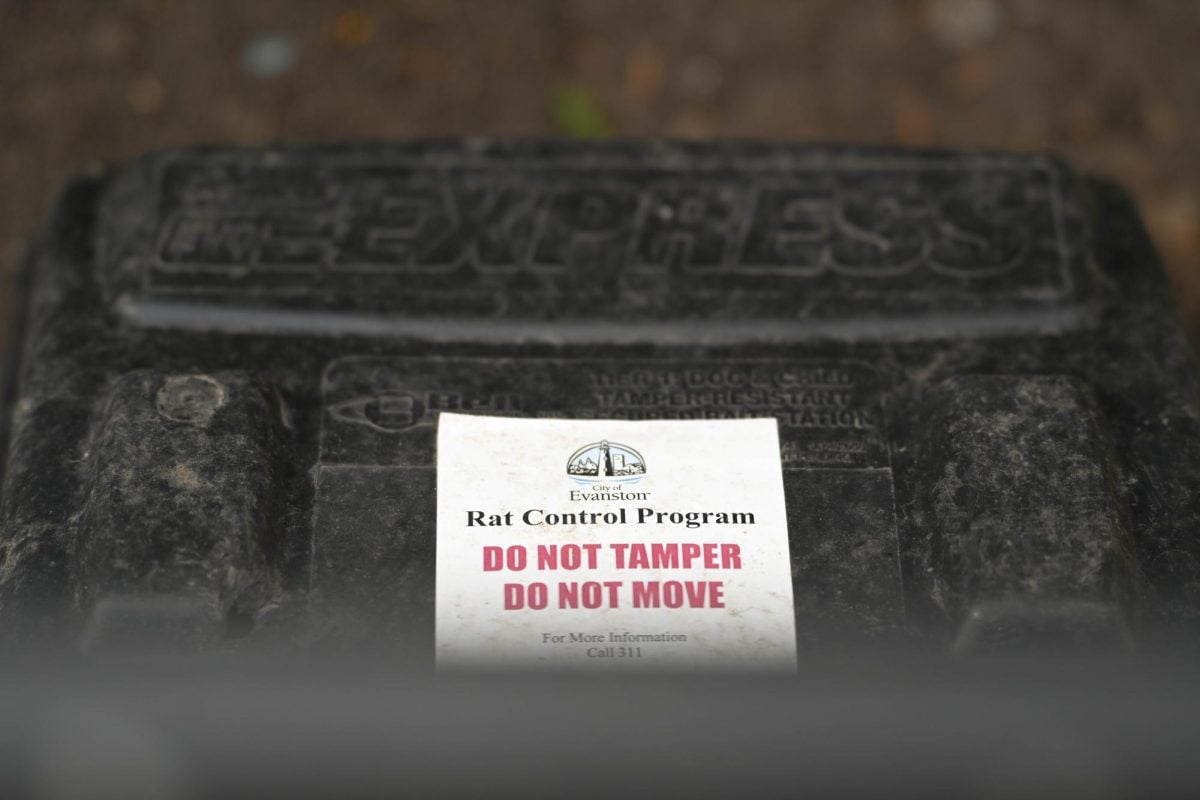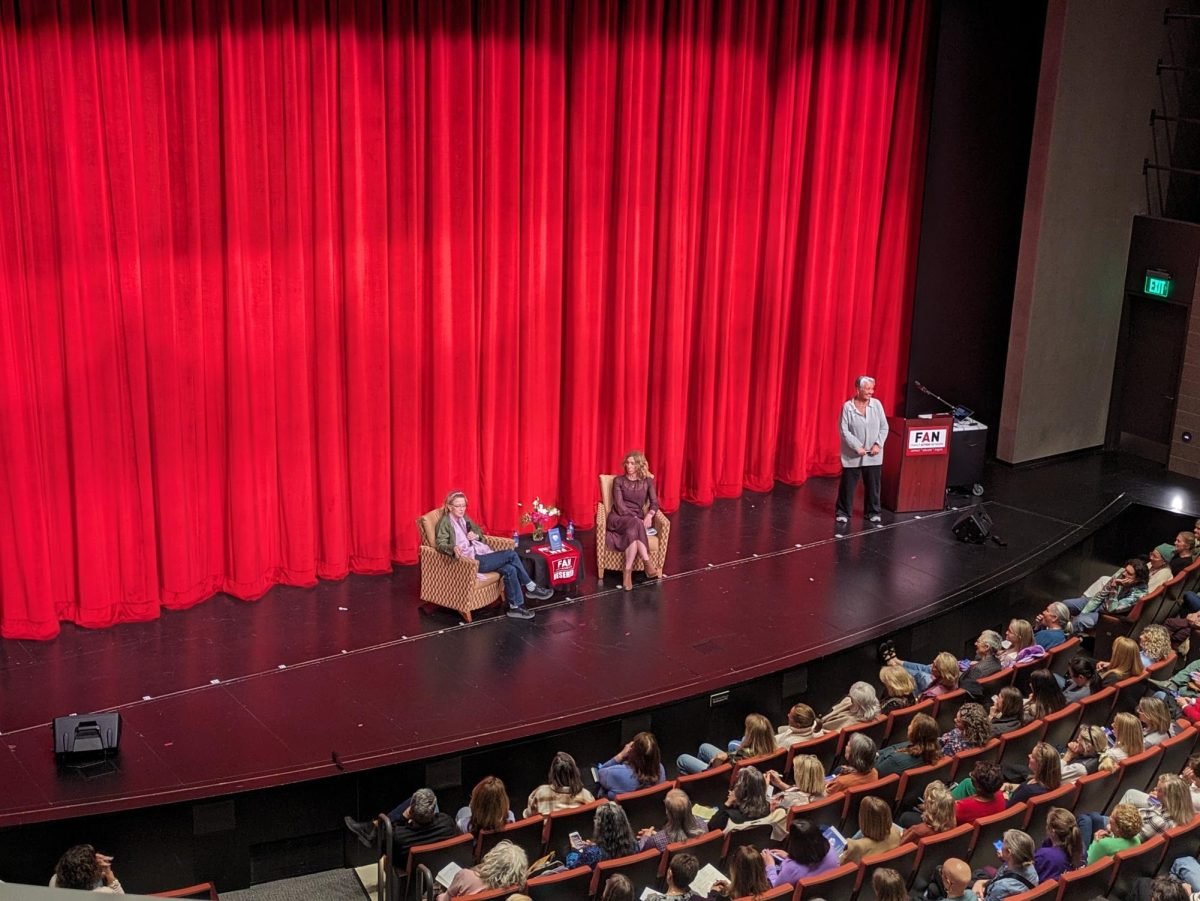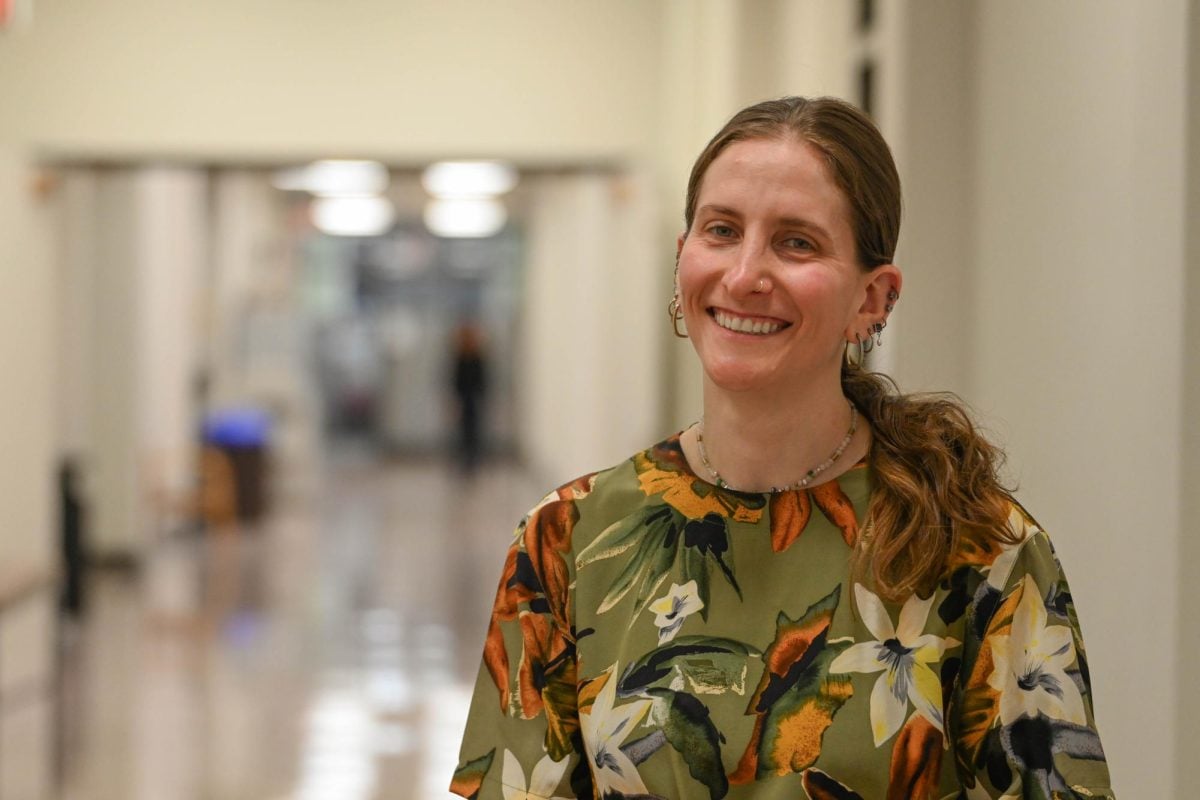After abruptly canceling a similar speech at the University of Pennsylvania earlier this month, House Majority Leader Eric Cantor spoke on Northwestern’s campus Friday afternoon amid a dozens-strong protest and mounting concerns about his lecture’s attendance policy.
In his approximately 25-minute address, the No. 2 Republican in the House invoked the late memory of Apple founder Steve Jobs – “a man who started with an idea in his garage” and changed the world – to emphasize the need for entrepreneurial spirit in tough economic times.
“Through his example, you can see that America needs more than just a jobs plan,” Cantor said. “It needs a Steve Jobs Plan.”
Cantor’s speech drew nearly 150 Kellogg School of Management students to the Allen Center, 2169 Campus Drive, as dozens of progressive protesters – some plucked from the Occupy Chicago movement – picketed just outside the venue’s parking lot.
University spokesman Al Cubbage estimated about 75 demonstrators had gathered by the lecture’s 12:15 p.m. start time. He described the overall protest as “very quiet” and “uneventful,” despite some contentious moments about where exactly demonstrators could station themselves.
Prior to Cantor’s Kellogg-only event, NU Campus Republicans conferenced with the Virginia congressman in nearby Annenberg Hall – a mostly impromptu meeting coordinated through Twitter on Wednesday and Thursday, according to Cantor’s office.
Cantor spokeswoman Laena Fallon touted both of Cantor’s on-campus appearances as productive events in an email statement Saturday.
“Between meeting with College Republicans and speaking to Kellogg students, Leader Cantor had a wonderful visit to Northwestern,” she wrote. “The Kellogg students were bright and engaging during Q&A and provided a thoughtful discourse on the big challenges facing our country.”
Cantor’s lecture, which mainly centered on income inequality, was scattered with references to his family’s immigrant roots and occasional nods at NU-bred innovation.
The congressman opened his address with a brief ode to local enterprise, calling the greater Chicago area a “world-class center of business education.”
More specifically, he acknowledged Kellogg initiatives like its Innovation and New Ventures Office – a business development and outreach hub – as models of success for promoting entrepreneurship.
“With your help and energy, we can drive this great nation back to the top,” Cantor told Kellogg students before launching into a narrative of his family’s history.
He recalled his grandmother fleeing religious persecution in turn-of-the-century Eastern Europe to exemplify Americans living within their economic means.
“(She) faced a future where no matter how hard she worked, no matter how much she studied or learned, no matter how smart she was, there were limits,” he said. “Just because of who she was, who her parents were and where she was born, there was only so far she should could go, only so much she could do.”
Cantor then segued into how his grandmother’s “faith and thrift” allowed her to raise his father and uncle in a small apartment above the Richmond, Va., grocery store his grandfather had opened.
But Cantor’s biggest applause line came when he praised Jobs’s enduring influence on American innovation.
He repeatedly mentioned a “Steve Jobs Plan” for encouraging job growth, extolling it as a bipartisan solution to the most daunting problems facing the U.S. economy.
“In a Steve Jobs Plan, whether you are a Republican or Democrat doesn’t matter,” Cantor said. “In a Steve Jobs Plan, no American – regardless of their current condition – believes that they are unable to rise up.”
After concluding that “we should all be committed to America rising,” Cantor spent about 15 minutes soliciting questions from audience members.
Both Kellogg students and professors asked about the Republican stance on health care reform, immigration’s impact on American industry, the national government’s role in daily life, wealth redistribution, the federal deficit and Cantor’s perspective on the countrywide Occupy movements.
On that last topic, Cantor attributed middle-class angst to “frustration out there” stemming from 9 percent unemployment and a “bleak outlook on the future.” However, the Occupy protests may not be as focused on shaping domestic policy, he added.
In an interview with The Daily after his Kellogg lecture, Cantor further clarified what he views as the fundamental difference between the Occupy and tea party movements.
“The folks associated with the tea party say, ‘We need to see a change effected by the government we elect,'” he said. “And so when you look at the Occupy movement, I’m not sure who or what they’re aiming at other than they don’t like the current situation. So, again, I understand the frustration, but pitting one American against the other is not a productive activity.”
Outside the Allen Center, dozens of protesters railed against Cantor’s political convictions, with many deeming him a longtime advocate of the 1 percent, the Occupy movement’s term for the country’s top income-earners.
“The general public – to which Cantor is held accountable – is very concerned about what Cantor stands for,” said Occupy Northwestern organizer and graduate student Lauryn Flizeer. “His job is to serve the public interest, not just the corporate interest.”
Cubbage described the speech’s concurrent protest as proceeding “very smoothly” without any major clashes.
University Police Deputy Chief Daniel McAleer said no arrests were made throughout the day’s demonstrations.
Despite the overall peacefulness of Cantor’s protestors, some questioned the University’s attendance policy, which admitted only Kellogg students.
Kellogg spokeswoman Megan Washburn said last week the Cantor event was “targeted at the Kellogg community specifically.”
Lecture attendees were required to display their Kellogg credentials before entering the auditorium, a checkpoint that blocked Occupy Evanston frontman Jack Sigel.
He recalled trying to enter the Allen Center on Friday morning but being turned away after failing to provide appropriate identification.
Cubbage on Friday defended the more exclusive attendance conditions, describing them as no different from other speaker series aimed at executive MBA students.
“Those events are generally open to Kellogg students – that is true every week, not just this week,” he said. “By and large, it is a Kellogg event. Rep. Cantor is a high-profile speaker, so there was an additional interest.”
Sigel said he did not concur with Cubbage’s statements when presented with them the next day.
“When you bring in someone like Cantor who is significantly different than other speakers, they need to significantly change how they operate,” Sigel said. “It’s simple.”
Flizeer agreed Sigel has a “very valid point” in arguing for less narrow criteria to attend Cantor’s lecture.
“Let’s not forget what happened at Wharton,” she said, referring to the UPenn business school where Cantor nixed a similar address earlier this month after hundreds of Occupy Philly protesters accumulated outside of the venue’s entrance.
Sigel, who rallied 60 other Occupy Evanston protesters in downtown Evanston later Friday night, added NU students should be more worried about what the speech organization means for them rather than outside demonstrators.
“As students, I would be concerned,” he said. “Is NU an institution for open inquiry and debate? I don’t think it may even be for students.”
But not all non-Kellogg students were excluded from gaining access to the prominent congressman.
After tweeting at Cantor’s @GOPLeader account Wednesday, Campus Republicans secured a half-hour meeting with the congressman Friday morning in Annenberg Hall. Both Fallon and College Republicans president Alex Riegler confirmed Cantor contacted College Republic
ans vice president Adam Seidel via direct message Thursday morning.
“Hey Adam – I saw your tweet. Amy from my staff is going to be reaching out to you shortly,” the @GOPLeader account wrote, according to Fallon.
Fallon called it possibly the “first official tweet-and-greet” with a sitting member of Congress.
She said College Republicans discussed a variety of political issues with Cantor – including a flatter tax code and student loans – before posing for individual photos with the congressman.
Riegler, a Weinberg junior, added group members were also able to personally talk with Cantor for a few minutes each, describing the overall meeting as “very open.”
“His office has always been very active on social media,” Fallon said. “We think this tweet-and-greet is an important way for student groups to reach out and secure a meeting with Leader Cantor.”
Fallon downplayed Cantor’s intimate meetup as being part of a rebranding campaign for the controversial congressman that first surfaced in a Politico article earlier this month. In the story, writers Jake Sherman and John Bresnahan claim Cantor is “trying to rehab his public image” after being characterized as an “insensitive, combative conservative” by both political opponents and members of the media.
Fallon said Cantor’s speech tour is part of an “ongoing effort” to reach out to elite business schools and their innovative students.
Riegler agreed the last-minute conference was an appreciated gesture, regardless of Cantor’s office’s underlying motives.
“We’re actually hearing it right from his mouth, which is great,” he said. “It’s great that really high-ranking members of Congress can just come and talk to voters like that.”
Marshall Cohen contributed reporting.

